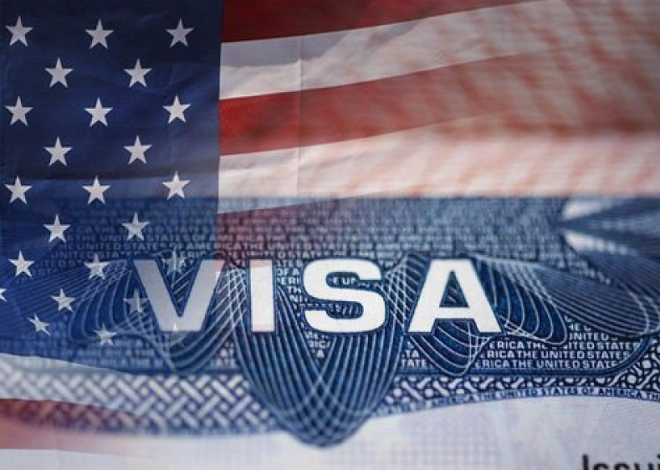
Pakistan’s Beggar Population Surpasses 38 Million, Costing Economy $42 Billion Annually
ISLAMABAD: Pakistan’s beggar population has reportedly crossed 38 million, resulting in an estimated annual economic loss of $42 billion (PKR 11.76 trillion), according to recent research by social welfare and economic experts.
The alarming figures shed light on a growing social and economic crisis that has quietly evolved into a structured and competitive industry. Analysts warn that the rapid expansion of organized begging is now undermining national productivity, public security, and long-term development goals.
According to the report, the country’s beggar demographic is composed of 55% women, 27% children, 12% men, and 6% white-collar individuals. Experts describe the trend as a “multi-layered social phenomenon” driven by poverty, unemployment, lack of education, and insufficient social protection systems.
Many beggars are reportedly part of organized networks operating in urban centers such as Karachi, Lahore, Islamabad, and Rawalpindi, where syndicates exploit vulnerable people for profit. These groups use coercive methods to control territories, particularly around markets, mosques, hospitals, and traffic intersections.
Economists emphasize that this growing dependency not only affects individual dignity but also significantly reduces the country’s overall labor productivity and human capital potential. They argue that able-bodied individuals who could contribute to the workforce are instead trapped in exploitative cycles of begging and informal street labor.
Social policy analysts have urged the government to implement comprehensive reforms targeting the root causes of beggary, such as economic inequality, job scarcity, and lack of access to education. “Begging in Pakistan is no longer just a symptom of poverty — it’s a full-fledged informal economy that drains national resources,” said a senior social researcher.
The estimated $42 billion annual loss includes decreased productivity, missed tax contributions, and the diversion of public funds toward short-term welfare relief. Experts also link the beggary issue to rising crime rates, human trafficking, and exploitation of minors across major urban areas.
Authorities are being urged to strengthen law enforcement mechanisms to dismantle organized networks, while simultaneously expanding vocational training programs, social protection schemes, and microfinance initiatives to help reintegrate affected individuals into the formal economy.
Provincial governments have intermittently launched anti-beggary drives, yet most efforts have failed to produce sustainable results due to weak follow-up, limited rehabilitation support, and loopholes in existing laws.
Development organizations stress that addressing the beggary crisis requires coordinated action between government institutions, NGOs, and local communities. Without systemic reform, they warn, Pakistan risks further deepening its cycle of poverty and dependency — a challenge that could hinder future growth and social stability.


